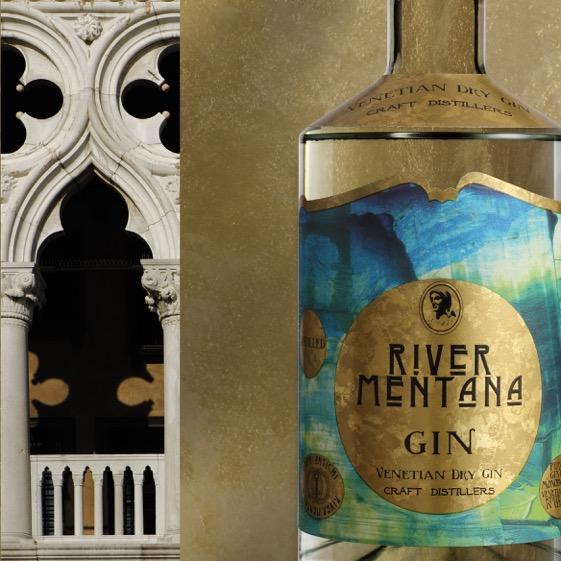
Gin without Juniper. The debate.
Have you ever wondered what makes gin “ gin ”?
The production regulations of Europe and the USA state that " gin must obtain its main aroma from juniper berries ". So far everything is clear, the word itself says it, gin does not exist without juniper. Or not?
In recent times we have been witnessing the release onto the market of a disconcerting range of alcoholic drinks which boast the name "gin" where the juniper - the main botanical foreseen by the regulations - is imperceptible or even covered by a myriad of other dominant botanicals, often added after distillation.
It is true that experimentation with botanicals marked the beginning of a new era, something new and exciting for the category, bringing gin to a level of notoriety and consumption that was unimaginable only about ten years ago .


It is equally true that many spirits that call themselves "gin", beyond their quality and pleasantness, are actually flavored vodkas, without any juniper notes. This generates misleading communication for the consumer , blurring the boundaries between what is gin and what is not.
For this reason gin needs to be protected in its identity .
This is what the historic Hayman's distillery aims to achieve with its "Call Time On Fake Gin" campaign, an invitation to producers, bartenders and enthusiasts to get involved.
The main suggestion is to start refining your palate , tasting the different types of pure gin, training yourself to look for the predominant juniper note required by the regulations.
If juniper is missing, but you love that irresistible aroma of grapefruit or tonka bean, no problem! Evidently the lack of juniper as a dominant note does not change your positive perception, but at least you will be informed that you are not drinking a “gin” gin.
Drink intelligently, responsibly
